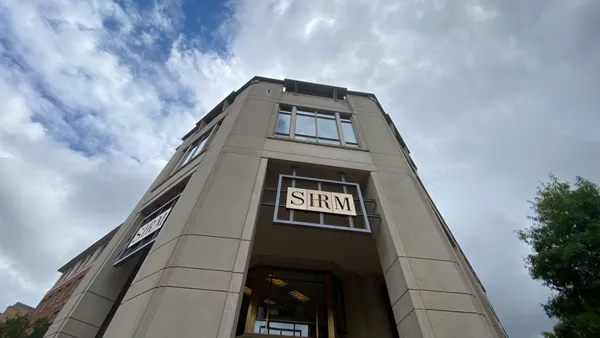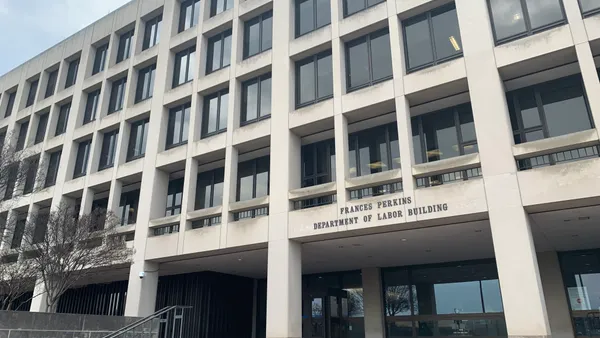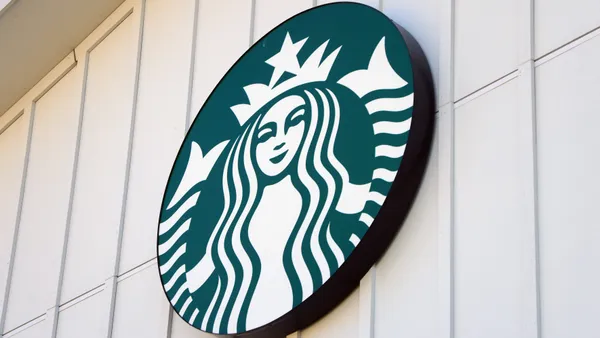Dive Brief:
- Tuesday's U.S. Supreme Court 6-2 ruling on healthcare data drew very different reactions, as groups representing both sides of the debate spoke out on the decision.
- For healthcare plan sponsors, the news was good, according to a report at Employee Benefits News. Yet, others see the decision as a setback for transparency in tracking the cost and quality of healthcare in general, according to ProPublica.
- In essence, the Court decided that Vermont can no longer require health insurers to turn over data on the amount paid on medical claims, a ruling that supported Liberty Mutual Insurance's belief that federal law supersedes that state requirement.
Dive Insight:
The Vermont 2005 data collection law's intention was to boost the quality and cost transparency of healthcare, including requiring inclusion of the data of self-funded plans (the primary way large employers pay for their employee healthcare plans).
But after more than a decade, the Supreme Court upended the law, noting that the Employee Retirement Income Security Act of 1974 (ERISA) took priority over state laws on healthcare claim data requirements.
Brian Marcotte, president and CEO of the National Business Group on Health, told Employee Benefits News that the decision is a good one for employer-sponsored health benefit plans because it simplifies complicated plan administration, often a result when each state has different reporting regulations. He added that it means large, multi-state employers can operate employee health benefit plans using identical rules nationwide, saving employers and employees money in the process.
The article at ProPublica paints a different picture, saying the decision brings to a standstill the idea of creating a "true picture" of the country's healthcare spending. Without the self-funded data, wrote ProPublica's Charlies Ornstein, nailing down an accurate tally on nation's healthare spending now is "a long way off."














